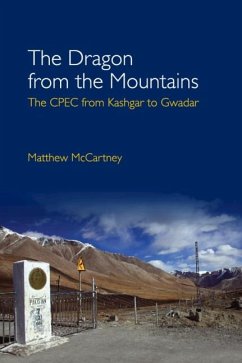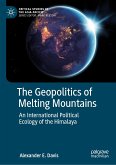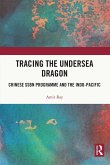China has promised to invest more than $60billion in Pakistan, in roads, rail, energy and a deep-water port at Gwadar. This is unprecedented relative to decades of minimal foreign direct investment (FDI) entering Pakistan. This is the China-Pakistan Economic Corridor (CPEC). Support for CPEC in Pakistan is widespread and encompasses much of academia, the military, the mainstream political leadership, and civil society. Supporters argue that CPEC offers the potential to transform Pakistan and support rapid, equitable and sustainable economic growth. Detractors of CPEC argue that it will more likely tip Pakistan into a dependent debt-relationship with China and that it will facilitate more Chinese imports into Pakistan posing a threat to Pakistan's industrial base. This book utilises an in-depth understanding of economic change in contemporary China and Pakistan, and economic theory and studies of big infrastructure projects from the contemporary and historical world to evaluate these contrasting views about CPEC.
Dieser Download kann aus rechtlichen Gründen nur mit Rechnungsadresse in A, B, BG, CY, CZ, D, DK, EW, E, FIN, F, GR, HR, H, IRL, I, LT, L, LR, M, NL, PL, P, R, S, SLO, SK ausgeliefert werden.









